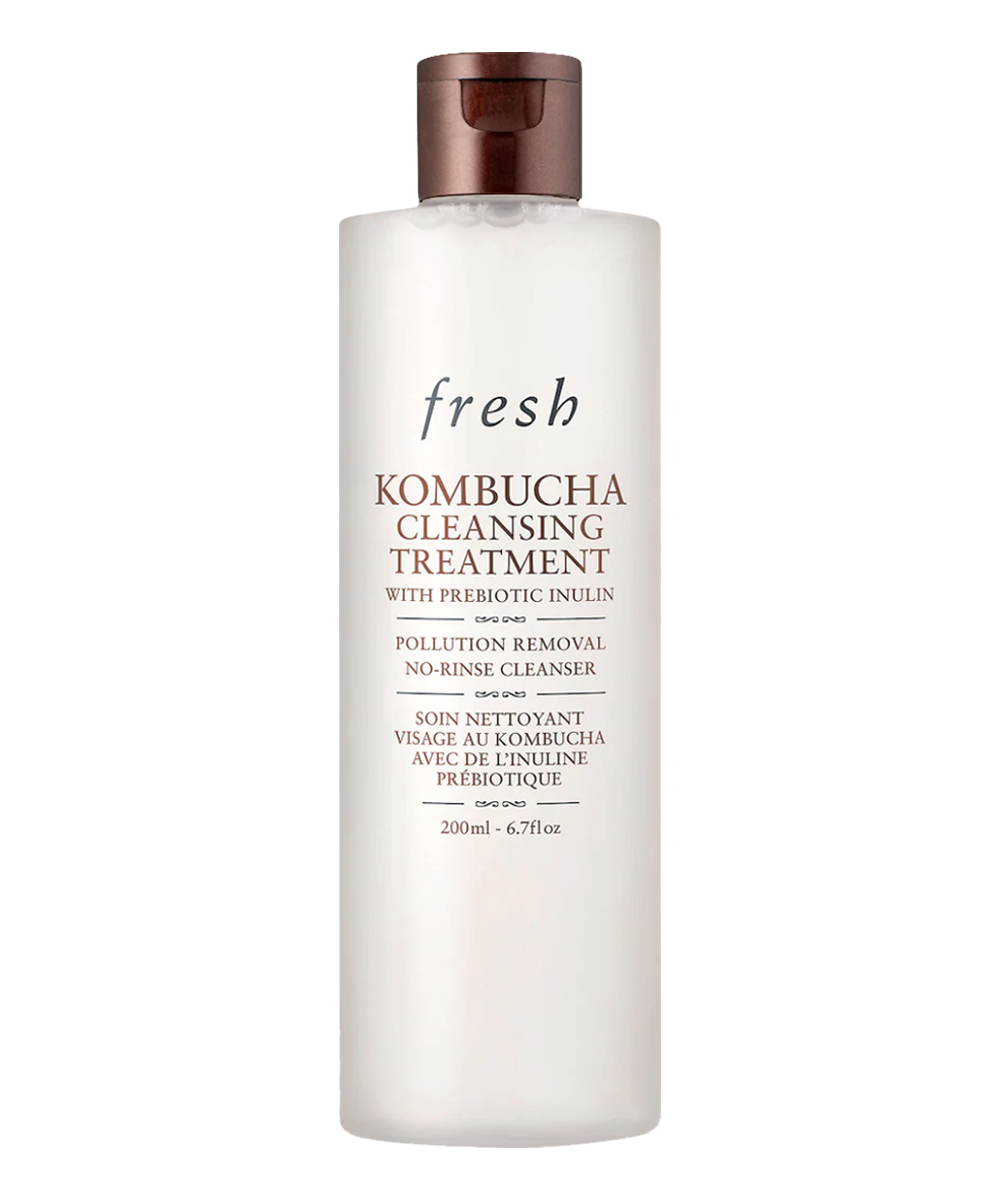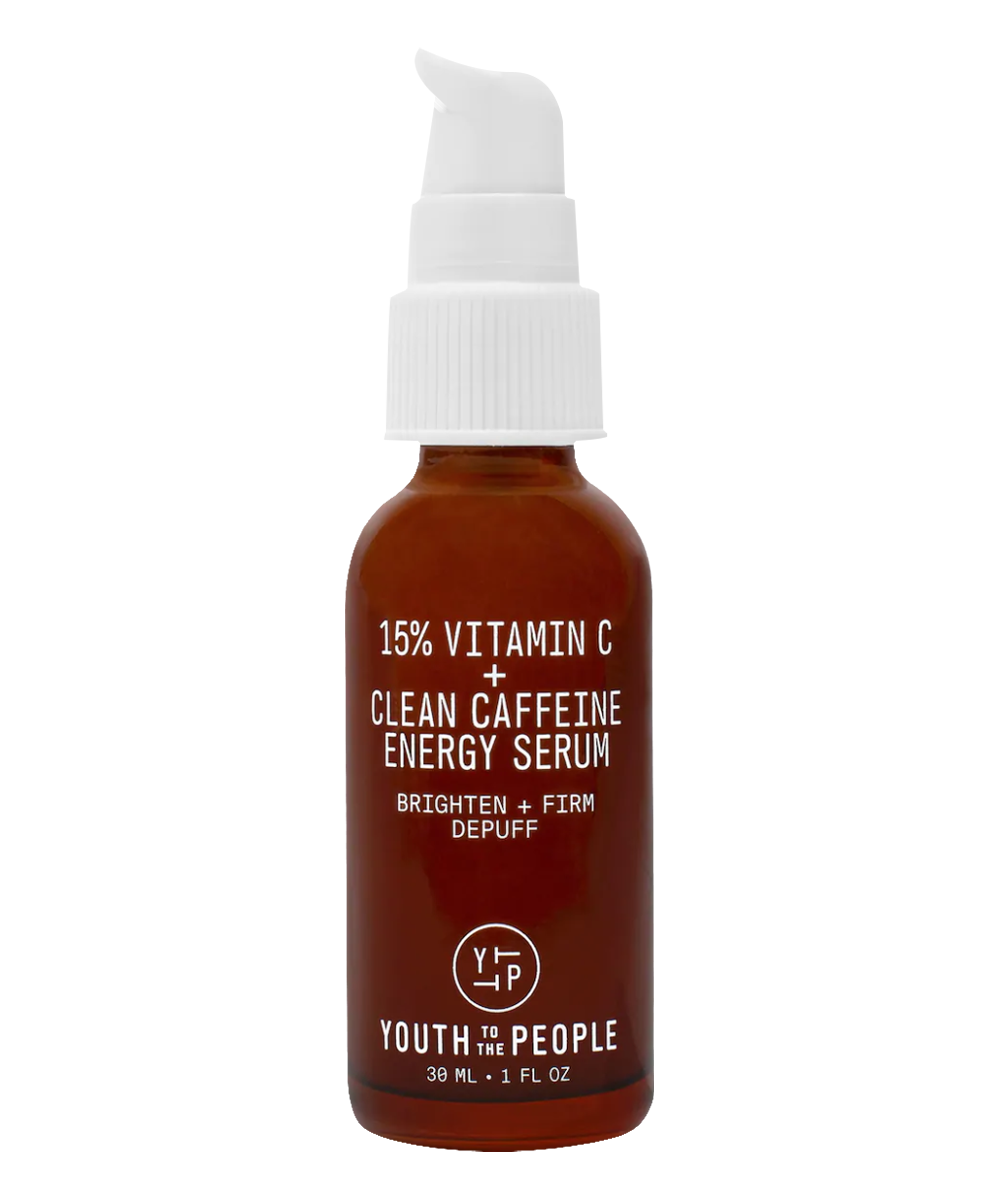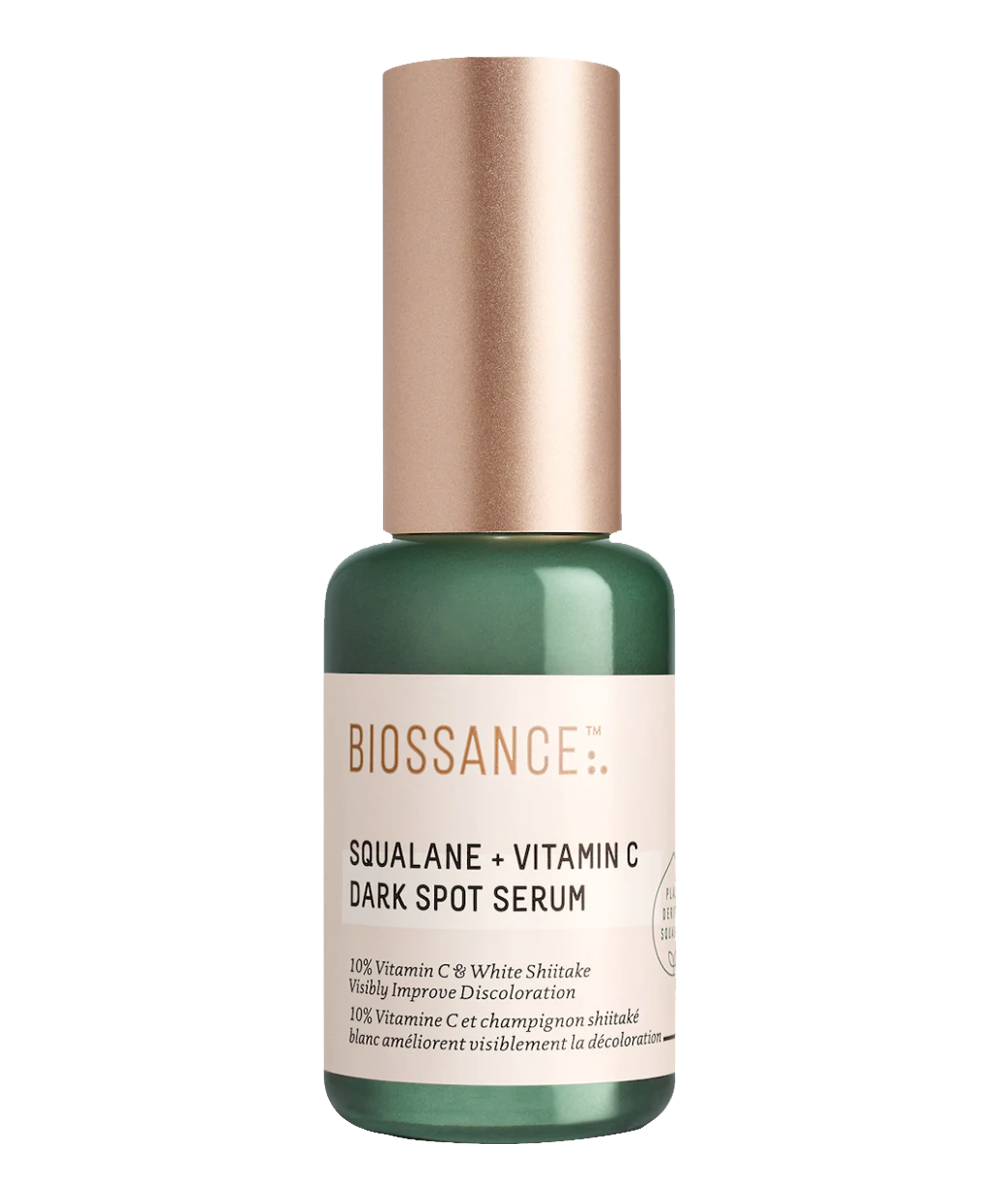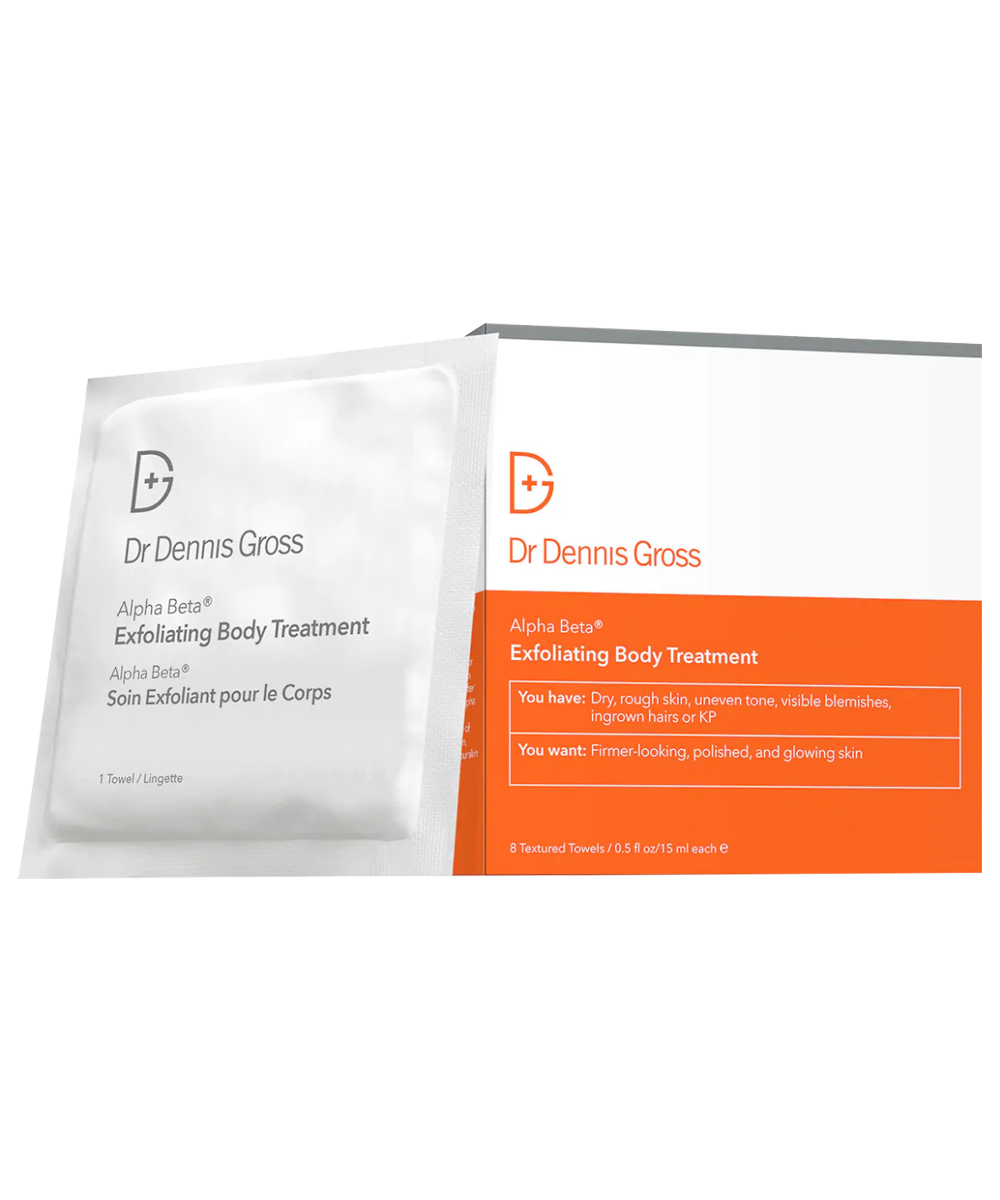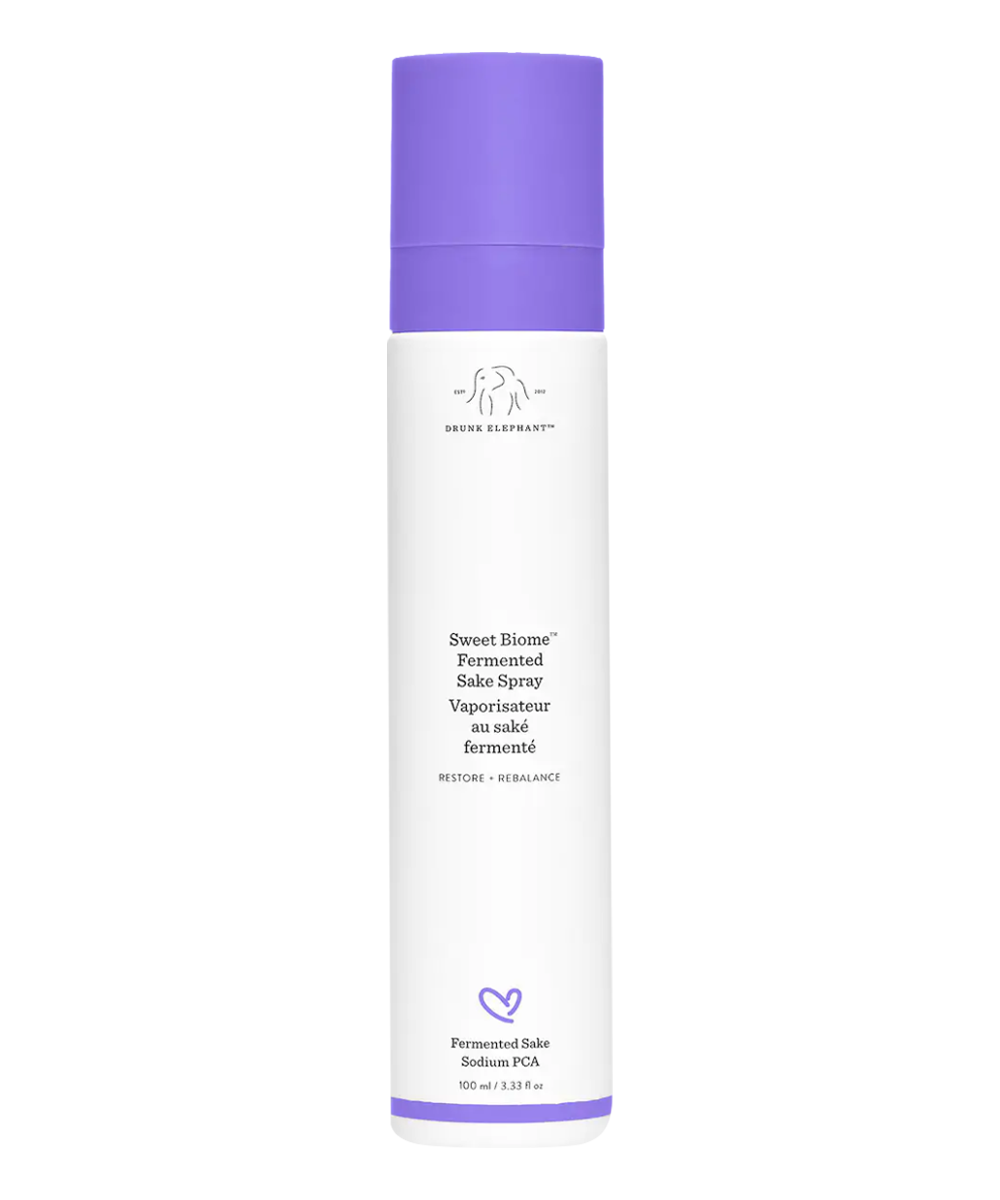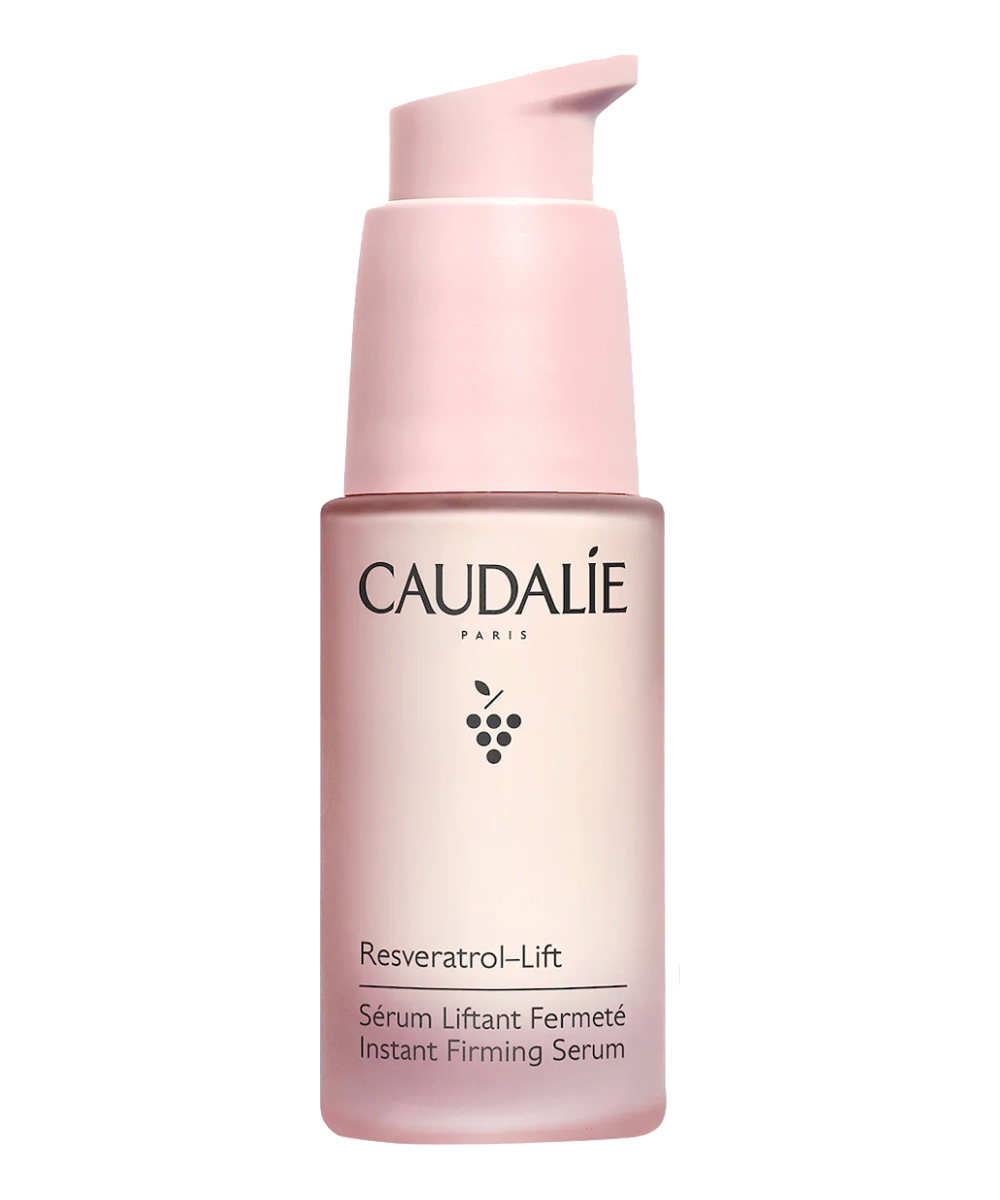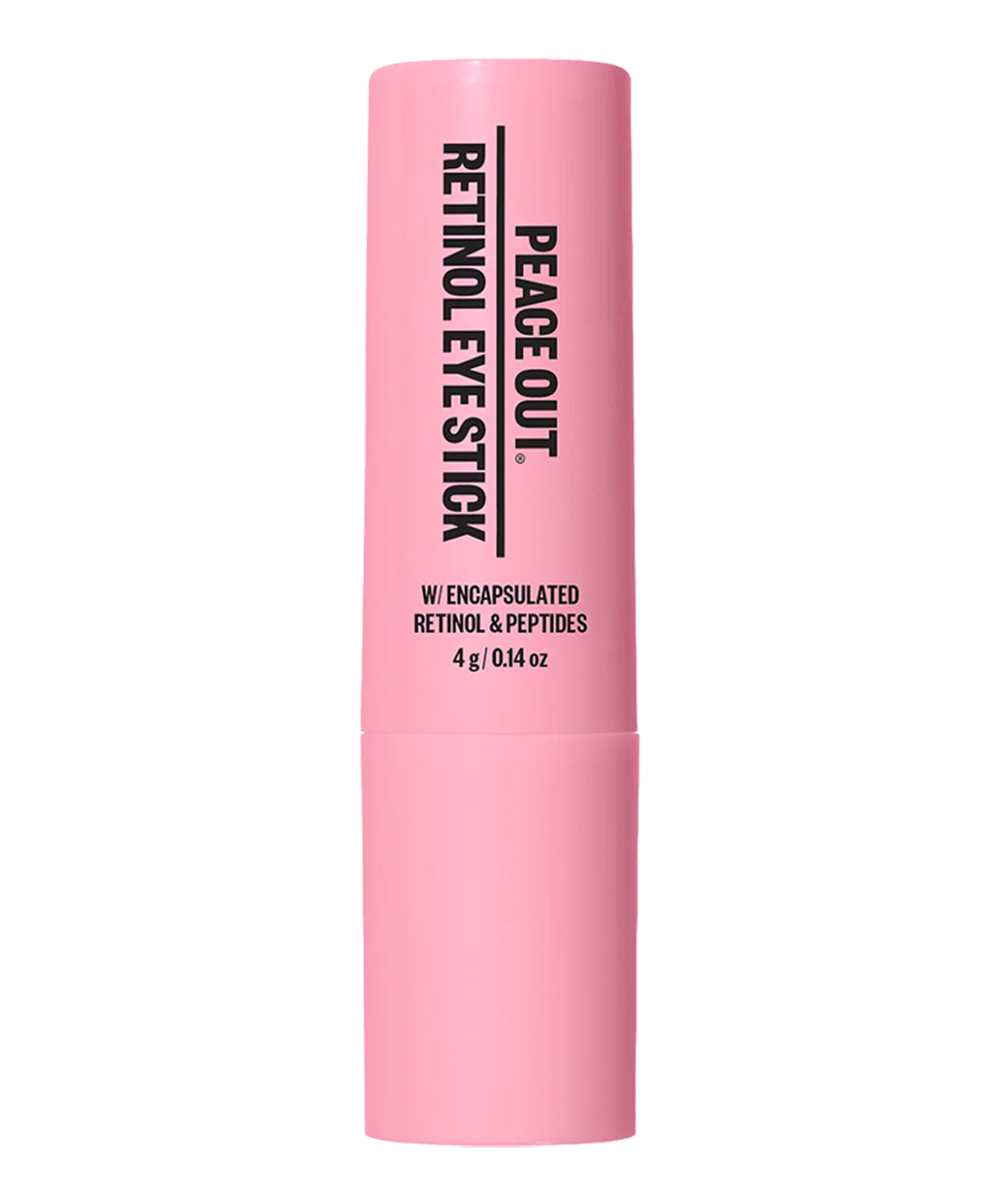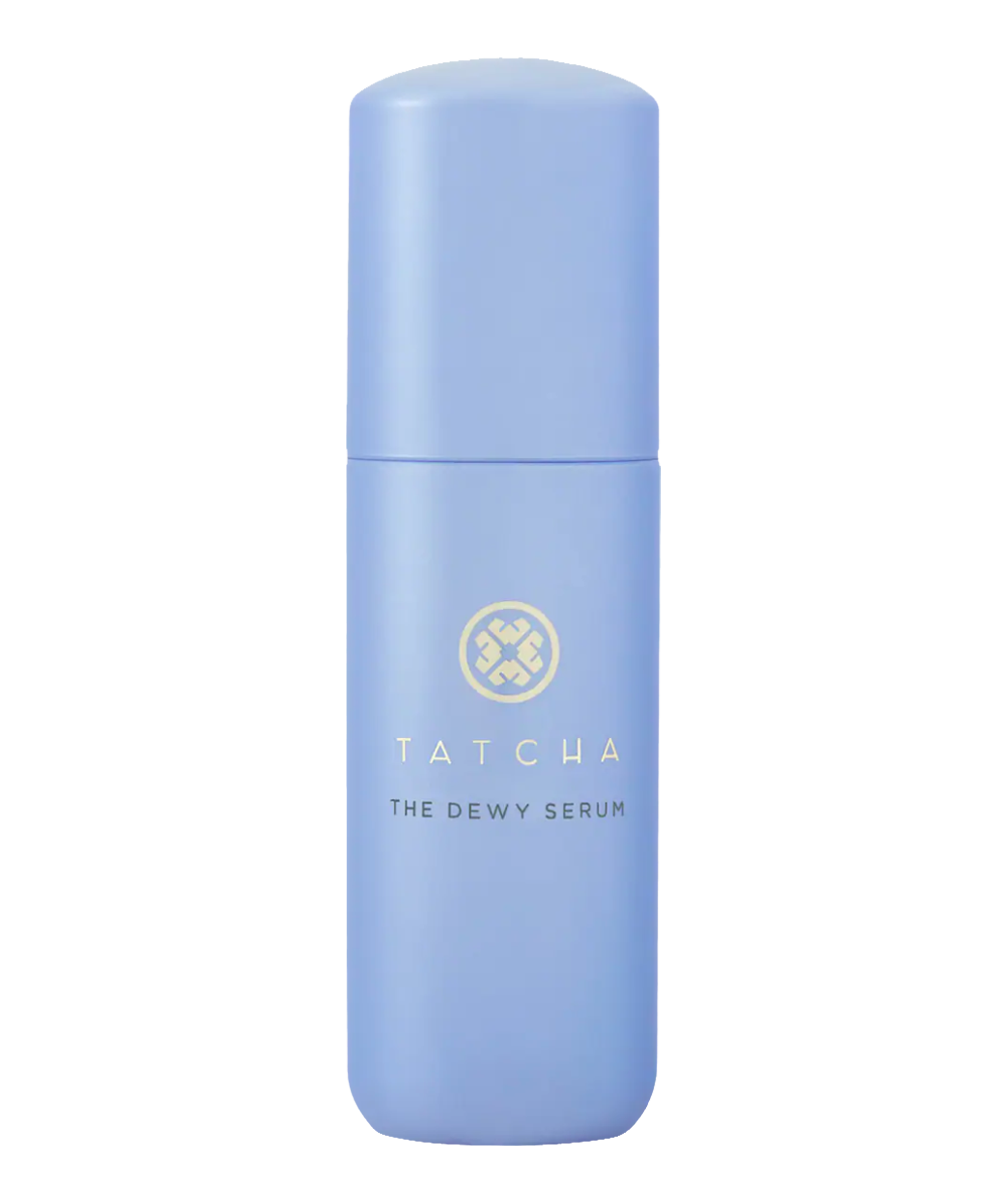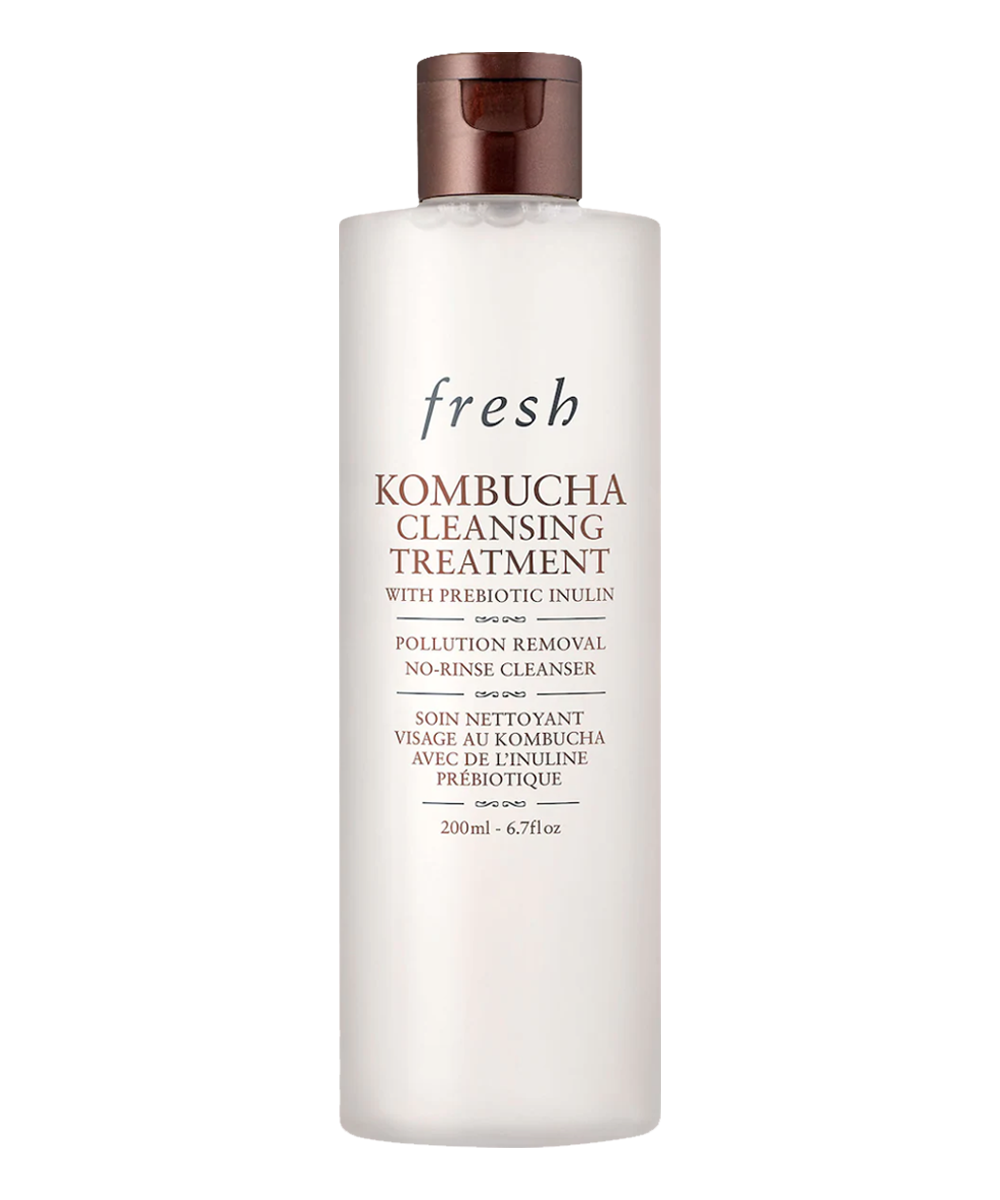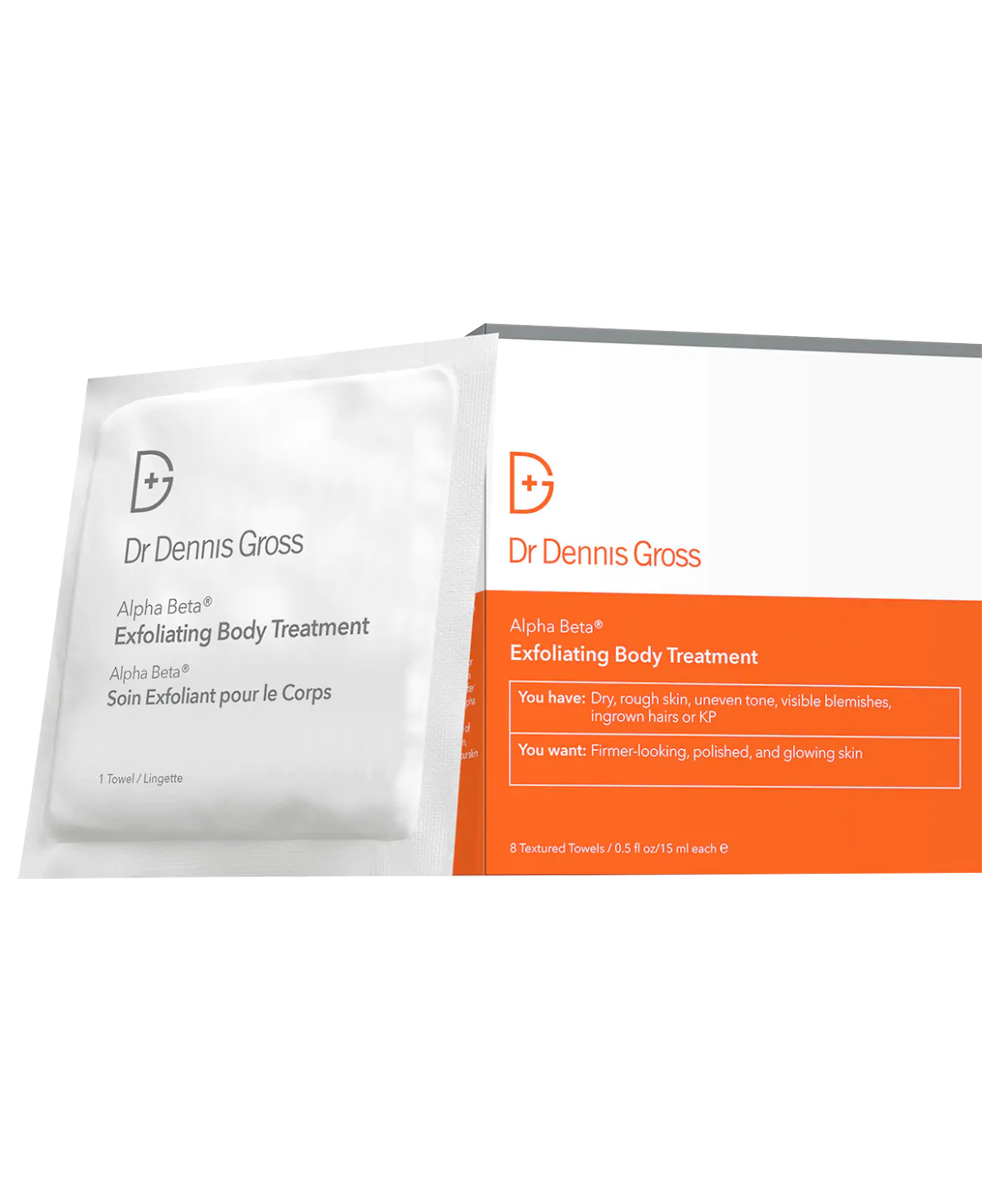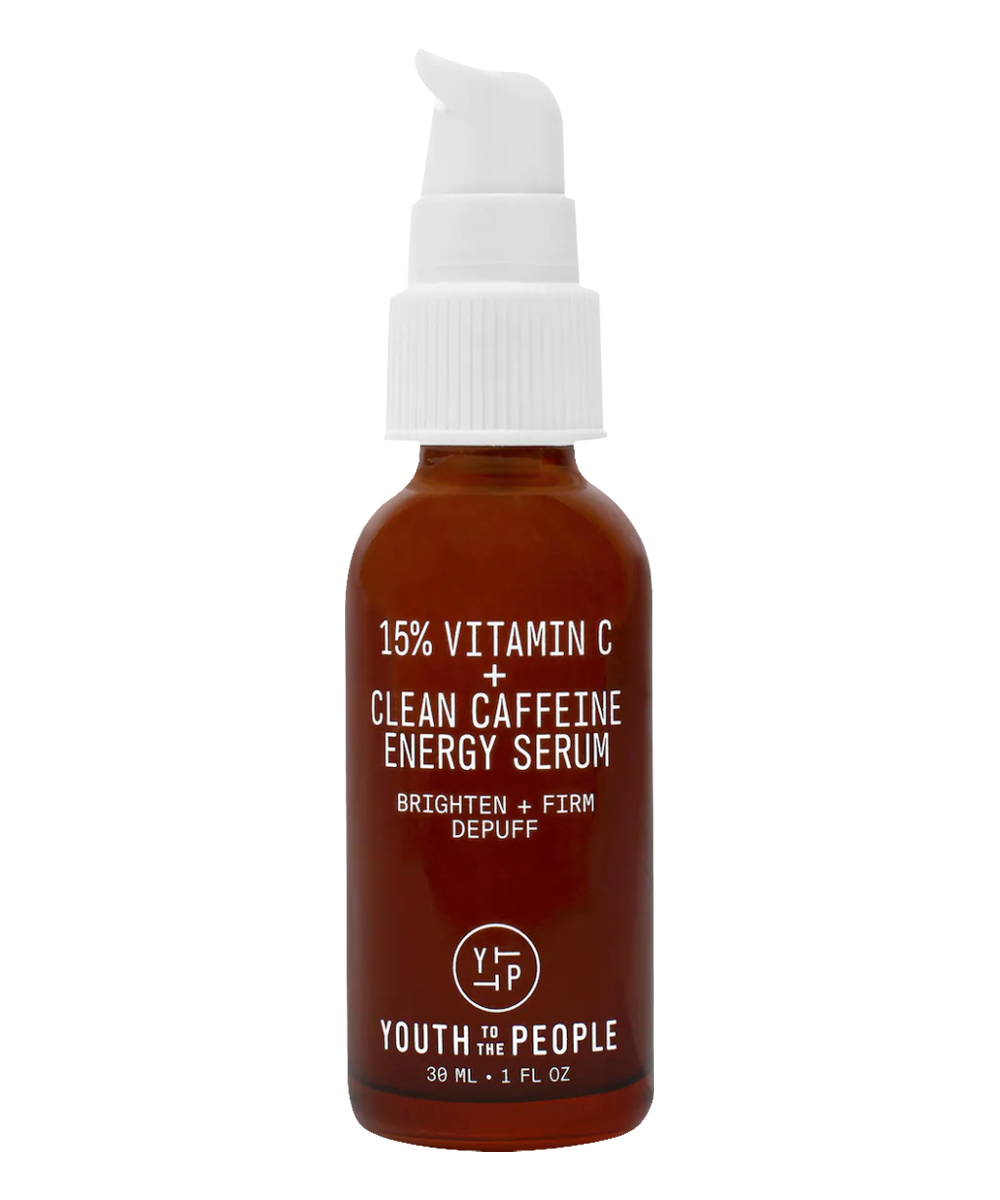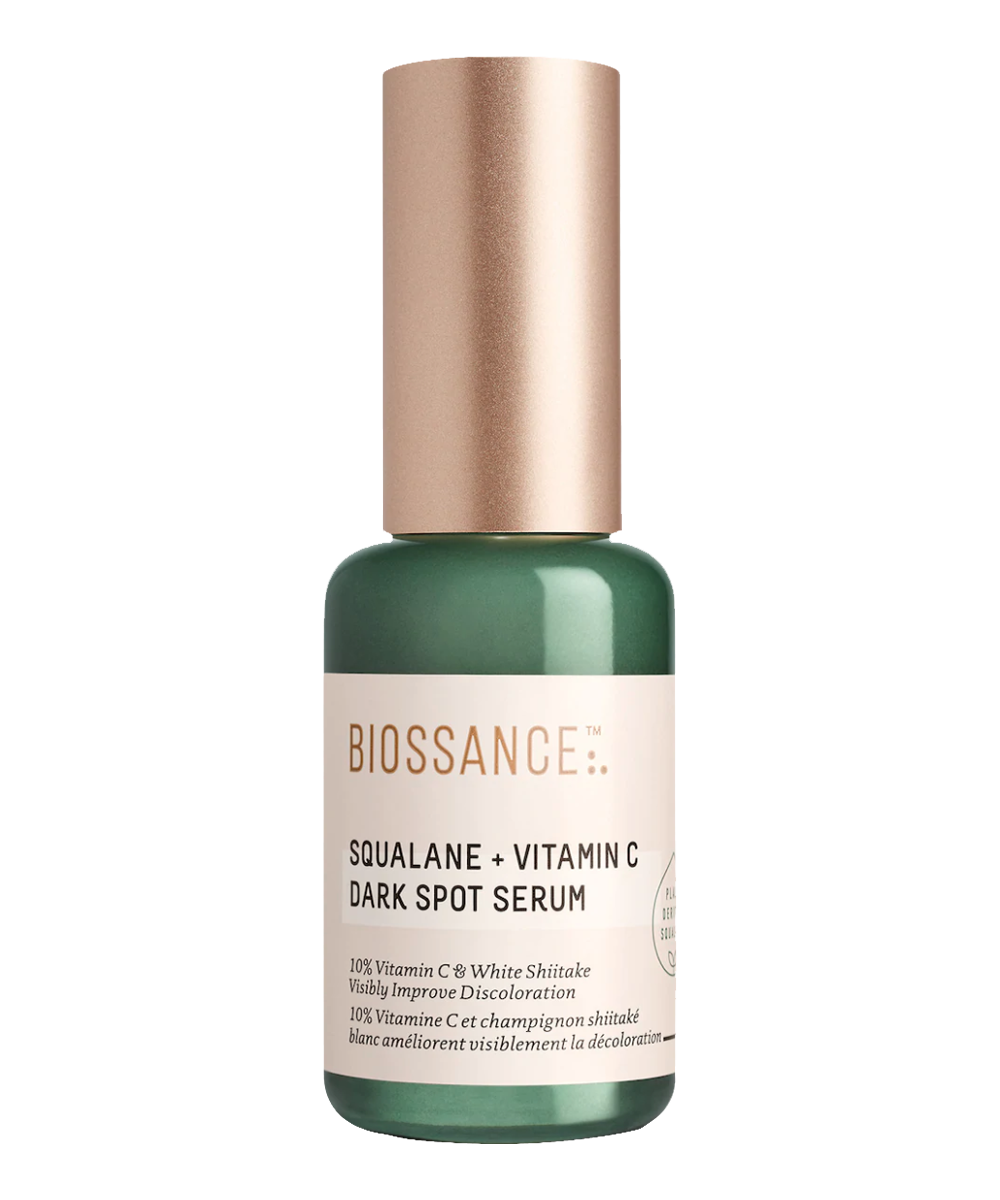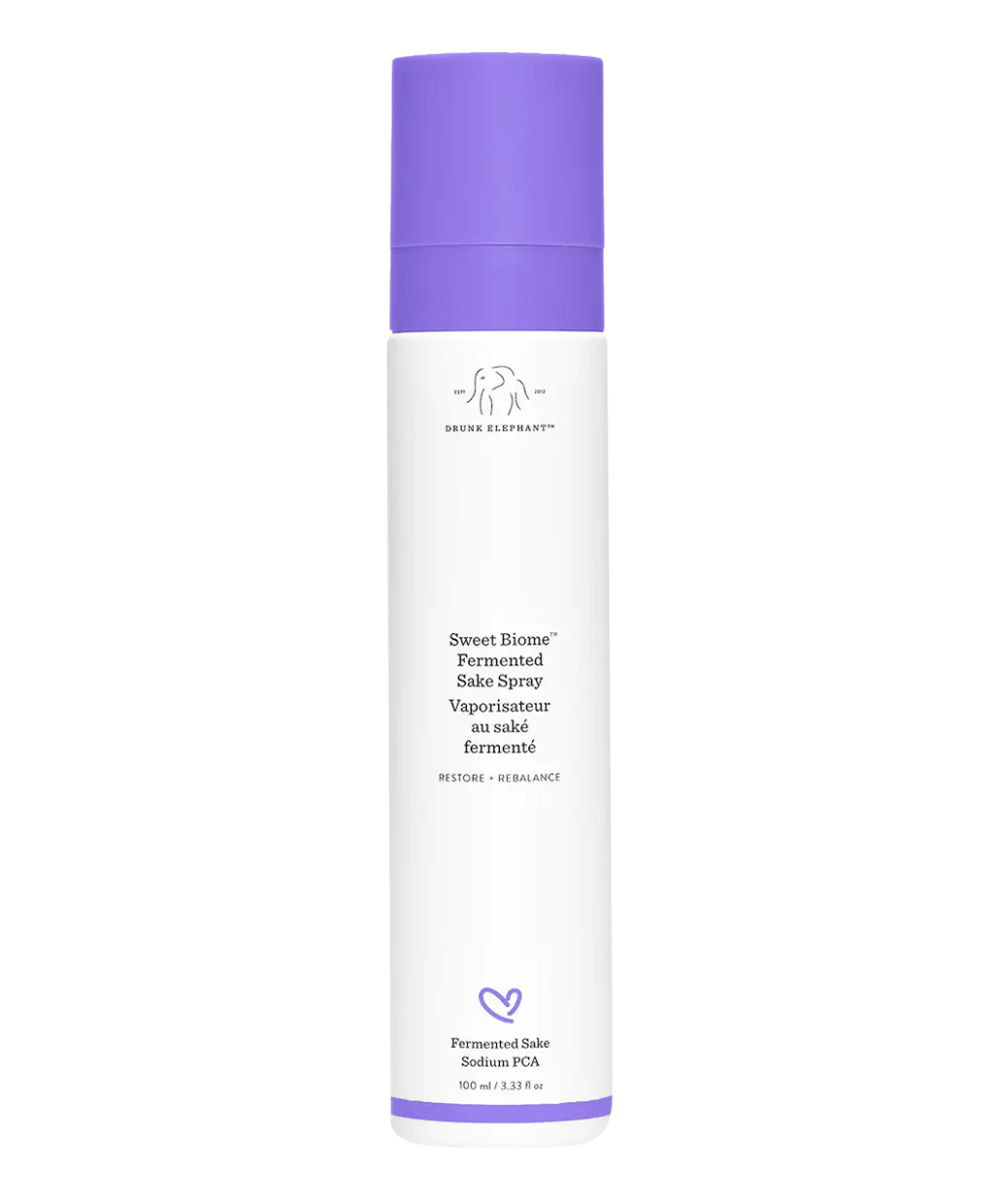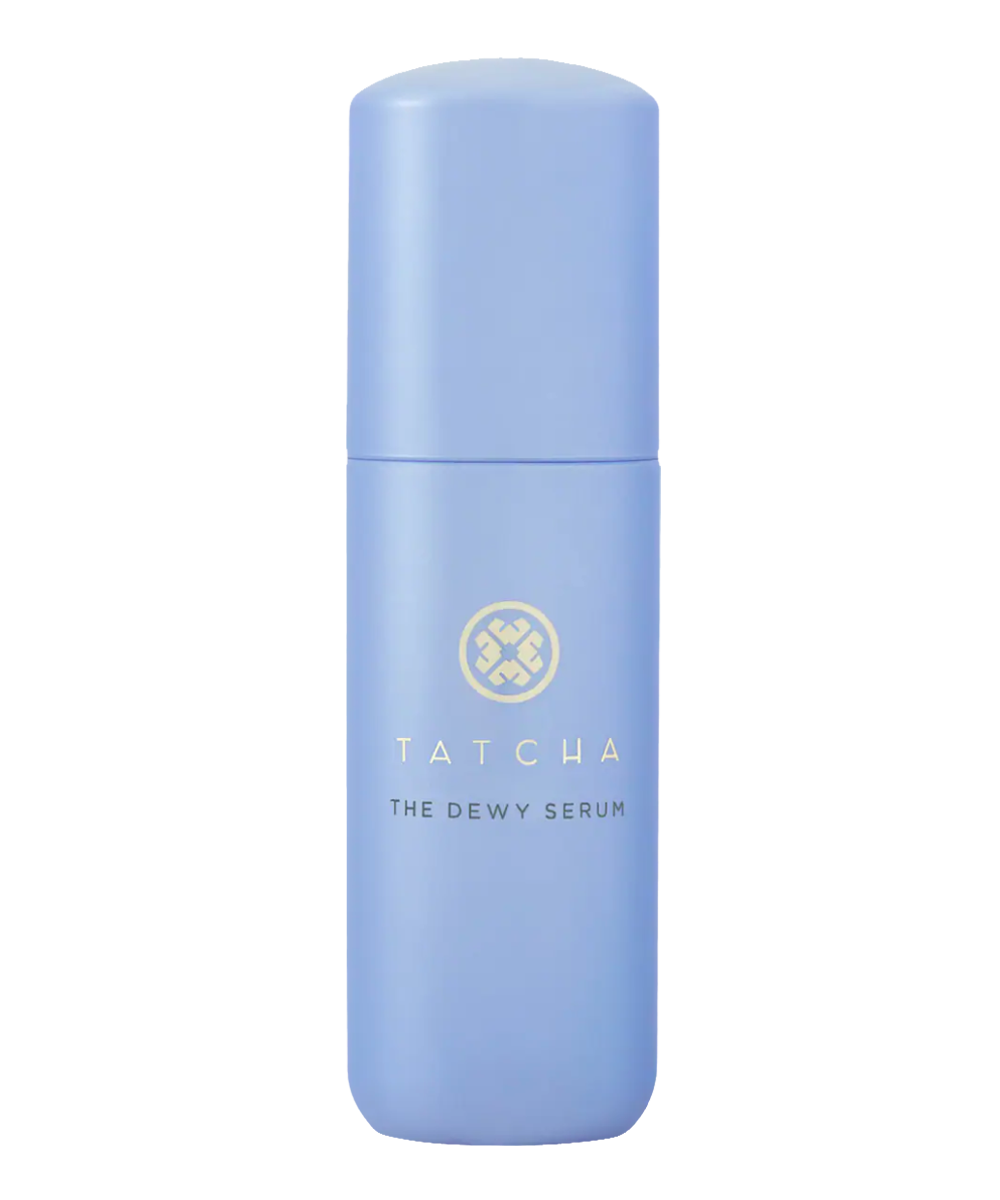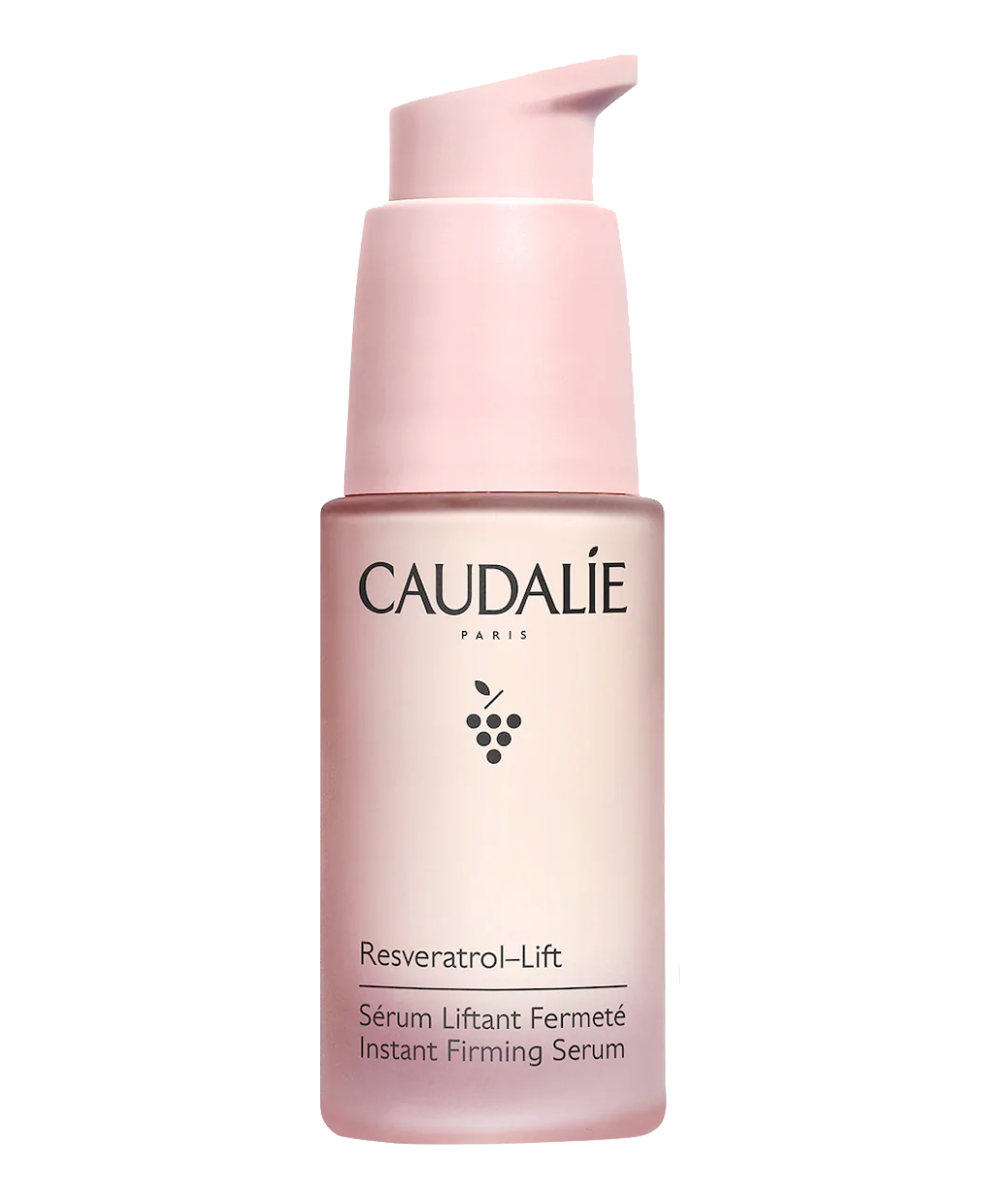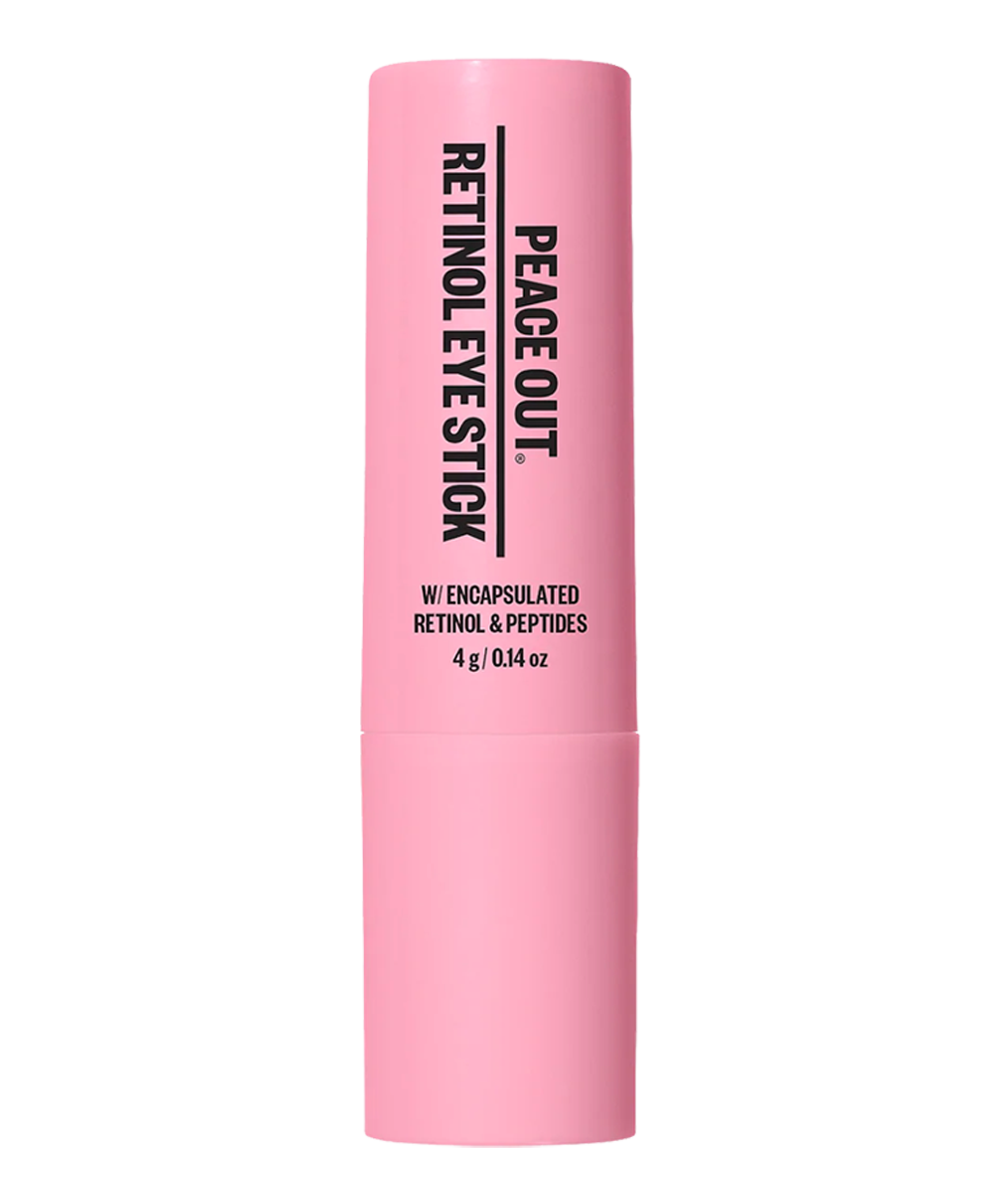These Beauty Products Tackle Dermatologists’ Most Pressing Skin Concerns
›
shop 8 products
Dermatologists, they’re just like us: They may be secret-keepers to enviably bright, superiorly glowy, super-hydrated, and healthy-looking skin, but that doesn’t mean they’re immune to the common skin woes that unfortunately befall the rest of us plebs.
That’s why, in partnership with Sephora, we got three three board-certified dermatologists to divulge their biggest beauty concerns: dullness, dryness, and wrinkles. Do they practice what they preach? What are their biggest skin-care regrets? And what’s their most effective treatment plan? Keep scrolling to learn about the new products that best address each concern, each dermatologist's skin journeys, the truth behind widespread misconceptions, and the hero ingredients they rely on.
AdvertisementADVERTISEMENT
DULLNESS
Dr. Annie Gonzalez, MD
Her skin journey: "I had acne as a teenager, and though I experienced hormonal acne after my pregnancy, what I’m dealing with now (and what most people encounter in their late 30s) is dullness. Our skin cells just don’t regenerate as quickly, so the first thing we notice in my age group is a lack of a glow, uneven texture, and hyperpigmentation — all of which are symptoms of dullness."
What causes dullness? "Dullness is inevitable as we age, but extrinsic factors that are major contributors include pollution, sun damage, stress, and the environment. If you live in an area with high humidity, then you should look for humectants (like glycerin) in your products to help attract moisture into your skin. But if you live in a very dry place, you’re going to need a moisturizer with ingredients like petroleum jelly, lanolin, and squalane to trap the little water content you have inside the skin."
What are the biggest signs of dullness? "It happens gradually, but one day you could look in the mirror and notice an uneven skin tone or brown spots. I started seeing signs after my pregnancy: the lack of collagen, lack of glow, a more uneven skin tone, and more hyperpigmentation."
What does dullness look like on different skin tones? "In fairer skin tones, you could see a yellowish undertone and very dry skin that lacks luster and shine. In darker skin tones, you could see grayish undertones, excess scale, and hyperkeratosis (a thickening of the outer layer), which can occur when you’re not exfoliating. A lot of people tend to confuse it with dryness."
AdvertisementADVERTISEMENT
How to combat dullness: "Start integrating antioxidants, like vitamins C. Alpha and beta hydroxy acids, like glycolic and lactic acids, are a great way to increase cellular turnover and improve radiance."
Products to look for:
Fresh Kombucha Cleansing Treatment: A no-rinse cleanser that not only removes makeup and impurities, but also improves dullness with ingredients like fermented tea and kombucha. "When there's fermented tea or kombucha, you’ll find prebiotics, which can feed the skin’s microbiome (or the microorganisms that live on our skin flora), keep it happy, and help achieve a stronger skin barrier."
Fresh Kombucha Cleansing Treatment: A no-rinse cleanser that not only removes makeup and impurities, but also improves dullness with ingredients like fermented tea and kombucha. "When there's fermented tea or kombucha, you’ll find prebiotics, which can feed the skin’s microbiome (or the microorganisms that live on our skin flora), keep it happy, and help achieve a stronger skin barrier."
Dr. Dennis Gross Alpha Beta® Exfoliating Body Treatment: An all-over body polishing treatment featuring pads pre-soaked with glycolic, lactic, and salicylic acids to exfoliate and brighten. "The worst thing you can do to eliminate dullness is manual exfoliation because scrubs can be too harsh on the skin. Use chemical exfoliants like AHAs and BHAs, which are not only friendlier on the skin, but also much more effective in speeding up cellular turnover.”
Youth to the People 15% Vitamin C + Clean Caffeine Energy Serum: A 15% vitamin C serum that gets the added benefit of caffeine to brighten, reduce the look of dark spots, and de-puff. "Antioxidants, like vitamin C, play a vital role in combating free radicals and helping us fight extrinsic triggers that lead to dullness. Caffeine is unique in that it includes polyphenols (an antioxidant), and is also known to help reduce puffiness and control inflammation by temporarily decreasing blood vessels.”
AdvertisementADVERTISEMENT
Biossance Squalane + 10% Vitamin C Dark Spot Serum: A vitamin C serum that harnesses the power of white shiitake mushroom to target dark spots and prevent new ones from forming. "Mushroom extract is another source of antioxidants and it’s been shown to have brightening effects, which can help reduce hyperpigmentation and thus, dullness."
shop 4 products
DRYNESS
Dr. Caroline Robinson, MD
Her skin journey: "I’ve always paid attention to the health of my skin. I was the first of my friends to start applying sunscreen regularly in high school. I have true combination skin — my T-zone is oily and cheeks are dry — with a history of eczema, and part of the impetus of paying attention to skin care was understanding that certain areas require different attention. For years, I was all about balancing hydration in my skin and keeping it clear from acne. I’ve always experienced dryness, but now I’m even more susceptible to it, especially in winter."
What causes dryness? "As we get older, it becomes harder for our skin to hold on to moisture and we have to work harder to keep it in. Shifts in hormones, too, can contribute to dryness, especially during menopause. Seasonal changes, a drop in humidity levels, and fluctuating air pressure when flying can lead to it as well."
What are the biggest signs of dryness? "When you can easily see skin markings — the subtle lines in our skin that aren’t wrinkles. When you’re dry, those lines become more apparent because there’s an imbalance of water (on your legs, those lines could look like scales or the outline of jigsaw puzzles). Another major sign is itchiness; dry skin itches more."
AdvertisementADVERTISEMENT
What does dryness look like on different skin tones? "If dry skin is itchy (and you’re scratching it), it could turn into a rash, which could appear pink or red on lighter skin tones. On darker skin tones, dryness can look ashy and the skin takes on a grayish appearance. When it becomes a rash or inflamed, it can appear more purple than red. I've also found that my patients with oily skin tend to avoid moisturizing because they believe it will add oil to their skin. But what ends up happening is that the skin compensates for the lack of oil by producing more, so they become oilier. In that case, I emphasize the importance of moisturizing with a noncomedogenic lotion (a formula that won’t clog pores)."
How to combat dryness: "The most effective moisturizers are ones with fatty lipids that are naturally found in the skin, like ceramides, cholesterol, and essential fatty acids. A big misconception is that alcohol as a skin-care ingredient is bad for you — there are drying alcohols (like ethanol), but there are also fatty ones (cetyl alcohol and stearyl alcohol), which are very hydrating. Also try 'wet moisturizing,' which is applying moisturizer on damp skin.
Product to look for:
Drunk Elephant Sweet Biome Fermented Sake Spray: A hydrating facial mist that helps support and restore the skin's microbiome with fermented sake. "We’re seeing a lot more fermented ingredients in skin care because they act as moisturizing, antioxidant-rich agents. Combined with tried-and-true hydrators like glycerin, hyaluronic acid, and ceramides, the result can deliver intense moisture and help strengthen the skin barrier."
Drunk Elephant Sweet Biome Fermented Sake Spray: A hydrating facial mist that helps support and restore the skin's microbiome with fermented sake. "We’re seeing a lot more fermented ingredients in skin care because they act as moisturizing, antioxidant-rich agents. Combined with tried-and-true hydrators like glycerin, hyaluronic acid, and ceramides, the result can deliver intense moisture and help strengthen the skin barrier."
AdvertisementADVERTISEMENT
WRINKLES
Dr. Jenny Liu, MD
Her skin journey: "Skin care is embedded in Chinese culture, so I grew up being conscious of the hazards of the sun. Unfortunately, brightening and lightening agents were (and still very much are) part of the culture as well, and it’s something I strived to achieve in high school and college after binge-watching Taiwanese beauty talk shows. Of course, it didn’t do anything, but looking back, trying to obtain a different skin tone — one that’s white and fair — was unnecessary and unrealistic. Now, as a dermatologist and in my 30s, I’m confident and happy in my skin. My biggest concern today is wrinkles, especially my crows when I smile and my glabella (forehead) when I frown.”
What causes wrinkles? "There are many contributing factors to wrinkles: genetics, your ethnicity, how much sun exposure you’ve had, and your lifestyle habits (if you smoke, sleep on one side, are an expressive person). But overall, facial folds become more pronounced as we get older and we lose volume from our face."
What are the biggest signs of wrinkles? "We all have lines — they’re either present without movement (static) or with movement (dynamic). Kids, teens, and 20-year-olds have dynamic wrinkles when they smile or move their face. As we age, those eventually become permanent and are visible without movement. It’s impossible to reverse extensive wrinkling, which is why prevention (sunscreen and a thoughtful skin-care regimen) is so important."
How to combat wrinkles: "I use a retinoid — it’s the most studied ingredient when it comes to the efficacy in treating wrinkles. The worst thing to do is use too many products, which can cause inflammation. Start with the basics (cleanser, moisturizer, and sun protection) and build on top of that with a prescription-strength retinoid (or an over-the-counter retinol), antioxidants like vitamin C, and hyaluronic acid for moisture."
AdvertisementADVERTISEMENT
Products to look for:
Tatcha The Dewy Serum Resurfacing and Plumping Treatment: A super-hydrating serum that not only smooths the appearance of lines using lactic acid derived from a fermented blend of green tea, rice, and algae, but also plumps up the skin with hyaluronic acid and squalane. "Lactic acid is a gentle exfoliant and humectant that helps to improve fine lines and wrinkles over time, while ingredients like rice and green tea extract have shown to brighten and hydrate the skin.”
Tatcha The Dewy Serum Resurfacing and Plumping Treatment: A super-hydrating serum that not only smooths the appearance of lines using lactic acid derived from a fermented blend of green tea, rice, and algae, but also plumps up the skin with hyaluronic acid and squalane. "Lactic acid is a gentle exfoliant and humectant that helps to improve fine lines and wrinkles over time, while ingredients like rice and green tea extract have shown to brighten and hydrate the skin.”
Caudalie Resveratrol Lift Instant Firming Serum: A serum that firms and reduces the look of wrinkles with hero ingredient resveratrol, which is "a potent antioxidant (it’s a compound found in more than 70 plants — most commonly in red grapes), and in small studies it’s been shown to improve skin elasticity."
Peace Out Retinol Eye Stick: An eye balm that minimizes the appearances of fine lines and wrinkles and smooths texture with retinol. "Retinoids are the most effective at targeting wrinkles. Retinol (the most popular over-the-counter derivative) is essential because it's less irritating than prescription retinoid, but still effective for improving fine lines and texture."
Interviews have been edited and condensed for clarity.
AdvertisementADVERTISEMENT











